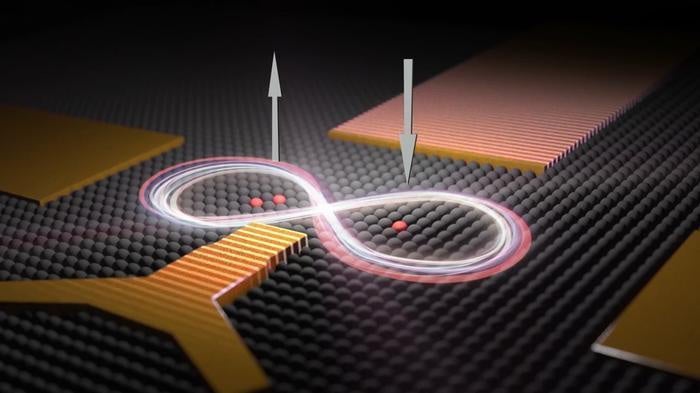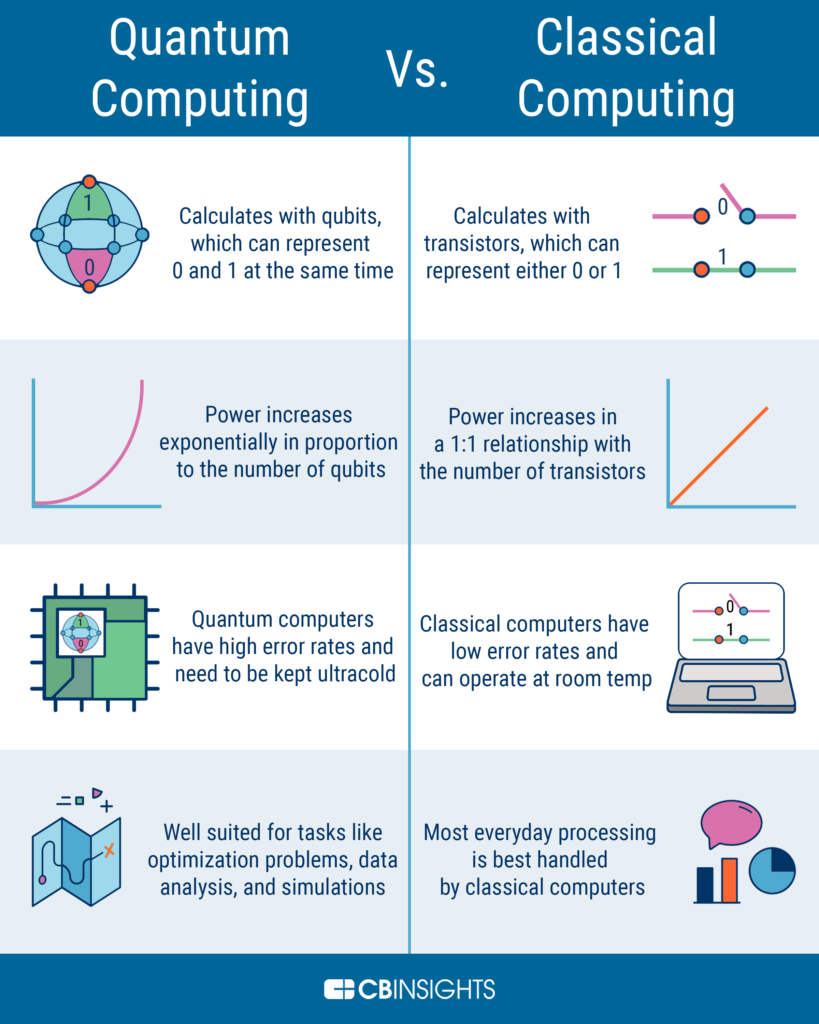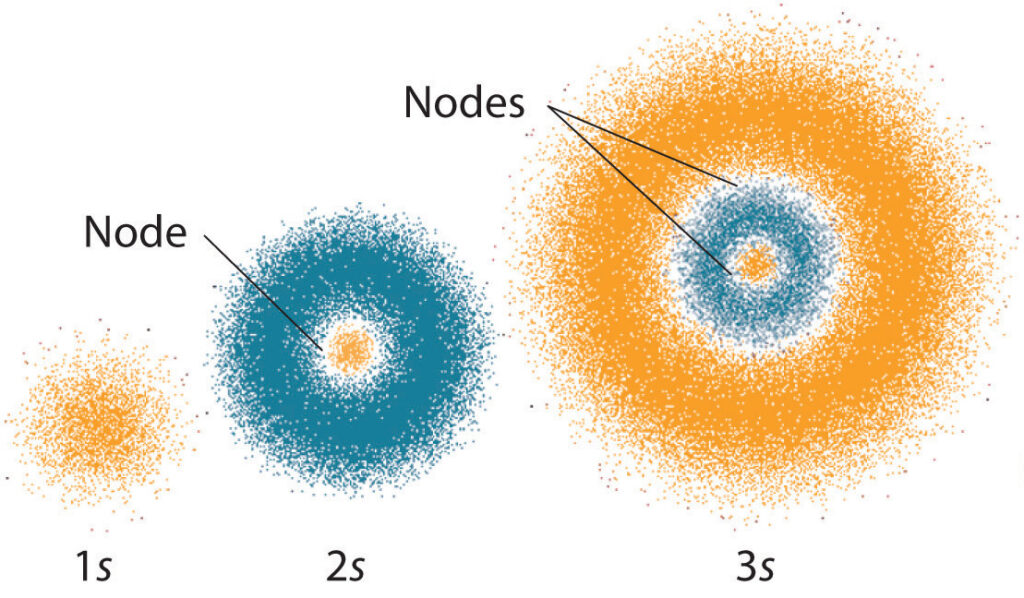Quantum computers are set to revolutionize the world of cryptography, an essential tool for securing sensitive data. These computers are capable of processing vast amounts of information at unprecedented speeds, allowing them to crack the most complex cryptographic codes in just a matter of minutes. While this breakthrough technology offers exciting possibilities for scientific and technological advancements, it also poses a significant threat to cybersecurity.
On the one hand, quantum computers could destroy cryptography as we know it, making current encryption methods obsolete. On the other hand, they may also hold the key to developing even stronger encryption protocols that can withstand the power of quantum computing. The question is, can we adapt quickly enough to stay ahead of the curve, or will we fall victim to the inevitable power shift brought about by quantum computing?

What Is Cryptography?
Cryptography is the practice and study of techniques used to protect information and communication in the presence of third parties, called adversaries. It applies complex mathematical algorithms to convert plaintext into ciphertext, which is then decrypted into its original form. Cryptography is used in a wide range of applications, from protecting confidential data to securing online transactions.
How Quantum Computers Will Destroy and Maybe Save Cryptography?
The Threat of Quantum Computers
Quantum computers have the power to break many of the encryption algorithms used to secure data today. This is because quantum computers are able to solve complex mathematical problems much faster than classical computers. As a result, they can quickly decrypt the data that is encrypted using current cryptography techniques. This means that confidential information, such as bank account details, could be exposed to attackers if the encryption used is broken by a quantum computer.
The Potential of Quantum Cryptography
While quantum computers can be used to break existing encryption techniques, they can also be used to develop new and more secure forms of cryptography. Quantum cryptography is a relatively new field of research that uses the properties of quantum mechanics to create secure communication systems. These systems are theoretically impossible to break, even with a powerful quantum computer. As a result, quantum cryptography could be the key to protecting data in the future.
Frequently Asked Questions:
Quantum computers are a revolutionary technology that could revolutionize the way we use computers. They possess the potential to perform incredibly powerful operations, and could even be used to crack traditional cryptography methods. In this article, we explore the implications of quantum computing for cryptography, and how it could be used to both destroy and save traditional encryption methods.
How do quantum computers work?
Quantum computers are fundamentally different from traditional computers. Instead of using binary digits, they use qubits, which can exist in multiple states at the same time. This means that they can perform calculations simultaneously, which makes them incredibly powerful. Quantum computers are also able to use quantum entanglement, which allows them to communicate with each other quickly and securely.
Why is quantum computing a threat to cryptography?
Quantum computers are a threat to cryptography because of their immense power. They are able to solve complicated mathematical problems much faster than traditional computers, which means that they can break traditional encryption methods much more quickly. This means that any data encrypted with traditional methods is vulnerable to attack by a quantum computer.
How can quantum computing be used to protect data?
The same technology that makes quantum computers a threat to cryptography can also be used to protect data. Quantum encryption methods use the same principles as quantum computers to create secure communications channels. These methods are much more secure than traditional encryption methods, and are resistant to attack by quantum computers.
What are the implications of quantum computing for cybersecurity?
Quantum computing could have a huge impact on cybersecurity. It could be used to create extremely secure communication channels that are resistant to attack. It could also be used to detect malicious activity more quickly, as quantum computers are able to process data much faster than traditional computers.
Are quantum computers ready for use?
Quantum computers are still in their early days, and are not yet ready for widespread use. They are currently only able to perform very limited operations, and are not yet powerful enough to handle the complex calculations required for cryptography. However, they are rapidly advancing, and it is likely that they will be ready for use in the near future.

In conclusion, quantum computers have the potential to revolutionize the field of cryptography. While they may pose a threat to current cryptographic methods, they also offer the possibility of developing new, quantum-resistant encryption techniques. As technology continues to advance, it is vital that experts in both quantum computing and cryptography work collaboratively to address these challenges.
As we move towards an increasingly digital world, the security of our data is more critical than ever before. The development of quantum computers will undoubtedly change the landscape of cryptography, but it is up to us as a society to ensure that this change is for the better. By staying informed and working together, we can navigate the challenges that quantum computing presents and develop a new era of secure communication.



